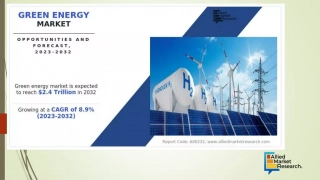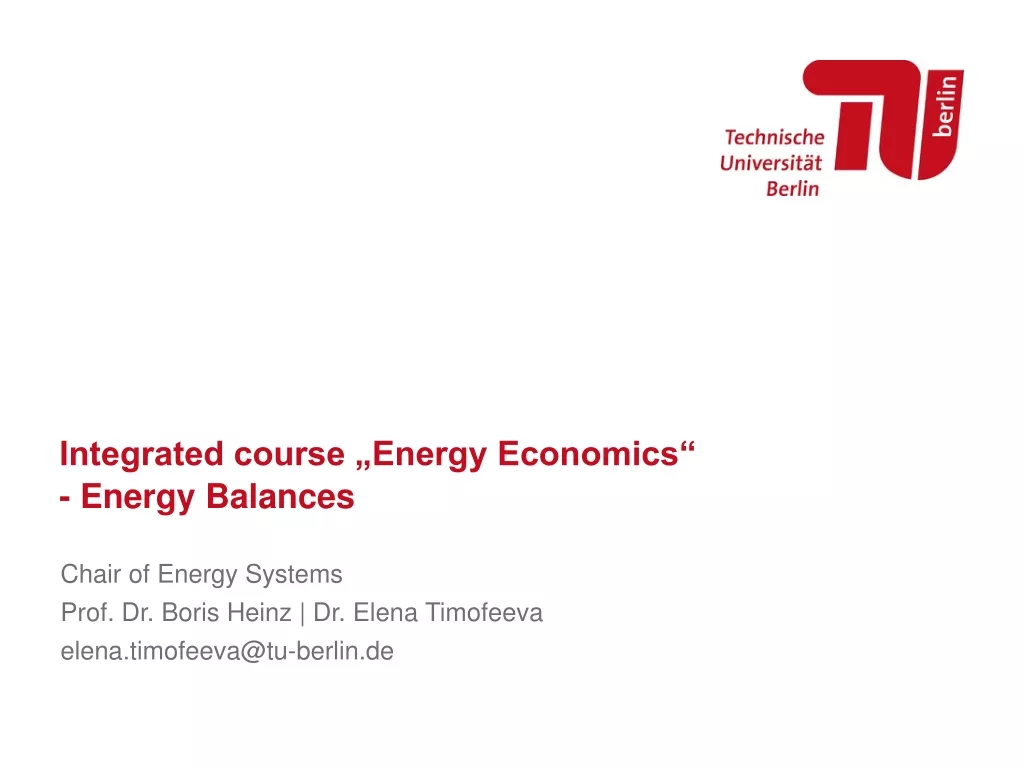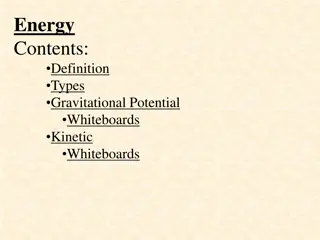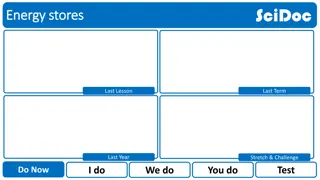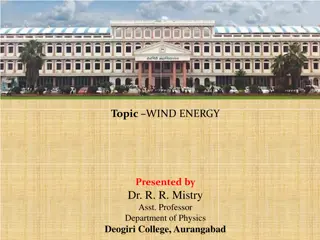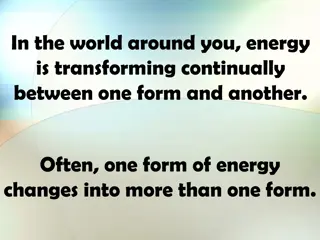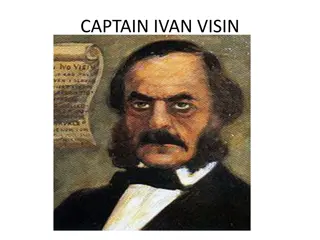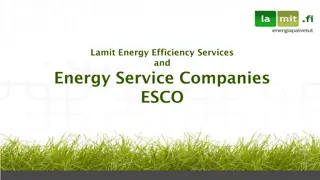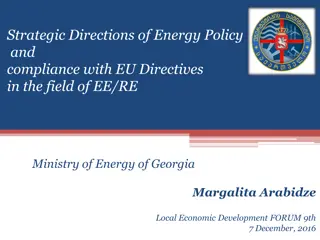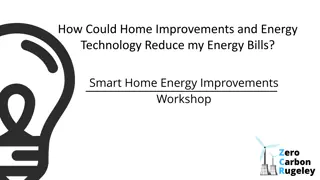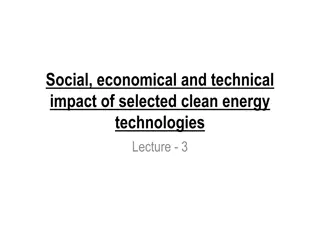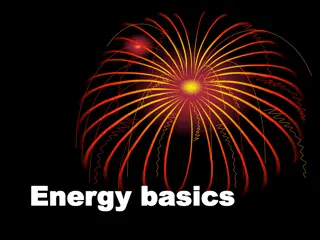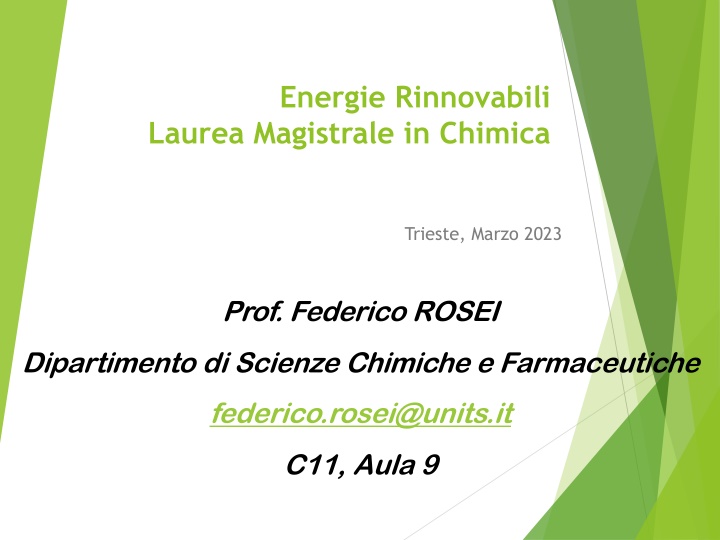
Energy: Definitions and Concepts in Physics
Dive into the world of energy with detailed explanations of key concepts such as energy, work, power, and the laws of thermodynamics. Explore formal definitions and examples of different types of energy to enhance your understanding.
Download Presentation

Please find below an Image/Link to download the presentation.
The content on the website is provided AS IS for your information and personal use only. It may not be sold, licensed, or shared on other websites without obtaining consent from the author. If you encounter any issues during the download, it is possible that the publisher has removed the file from their server.
You are allowed to download the files provided on this website for personal or commercial use, subject to the condition that they are used lawfully. All files are the property of their respective owners.
The content on the website is provided AS IS for your information and personal use only. It may not be sold, licensed, or shared on other websites without obtaining consent from the author.
E N D
Presentation Transcript
Energie Rinnovabili Laurea Magistrale in Chimica Trieste, Marzo 2023 Prof. Federico ROSEI Dipartimento di Scienze Chimiche e Farmaceutiche federico.rosei@units.it C11, Aula 9
n.3 Definition of energy; difference between energy and power The First Law of Thermodynamics: good news, we can break even! The Second Law of Thermodynamics: some types of energy are more equal than others . Contrary to the illusion that is promoted by the first law, the Second Law imposes stringent limits on what can be actually attained when converting one form of energy into another. Examples of types of energy: electricity, heat, mechanical energy, electrochemical energy 2
Definitions: Energy, Work & Power Energy: the ability of doing Work (e.g. the capacity to move an object (of a given mass) by the application of force) Work: energy transferred to or from object via the application of force along a displacement. Power: amount of energy transferred or converted per unit time. 3
Formal definitions Energy: capacity of doing work In physics, energy (from Ancient Greek: , en rgeia, activity ) is a quantitative property that is transferred to a body or to a physical system, recognizable in the performance of work. Forms of energy include heat, light and electricity. Unit of measurement in international system: Joule (amount of work done when a force of 1 newton displaces a mass through a distance of 1 metre in the direction of the force applied) 4
Formal definitions Work: the energy transferred to or from an object via the application of force along a displacement. In its simplest form, for a constant force aligned with the direction of motion, the work equals the product of the force s strength (intensity) and the distance traveled. A force does positive work if when applied it has a component in the direction of the displacement of the point of application. A force does negative work if it has a component opposite to the direction of the displacement at the point of application. 5
Formal definitions Power: in Physics it is defined as the time rate of the amount of energy converted or transferred. In the SI system (or International System of Units), Watt (W) is the unit of Power. One Watt is equal to one joule per second. Power is a scalar quantity. P = W / t Energy is conserved Power is not conserved; it can be generated. 6
Equivalent Energy Power used by energy-affluent people: to run a TV set the continuous muscular work of 2 people is needed; for a complete cycle with an energy-efficient washing machine the number is 15. To take-off a fully loaded Boeing 747, 1.6 million energy slaves are required. Big disproportion between our extensive use of energy and our scarce knowledge of it. 7 The Future of Energy Supply: Challenges and Opportunities; N. Armaroli, V. Balzani, Angew. Chem. Int. Ed. 2007, 46, 52.
What is it, Charlie Brown? I believe it is an old washing machine Really!? And... where is the plug??? 8
Types of Energy Kinetic energy Potential energy Heat Energy related to motion Energy stored in an object or system Energy due to transfer of internal energy Solar energy Electricity Chemical Energy in the form of radiation from the Sun Energy due to motion of charges Energy stored in fuels 9

